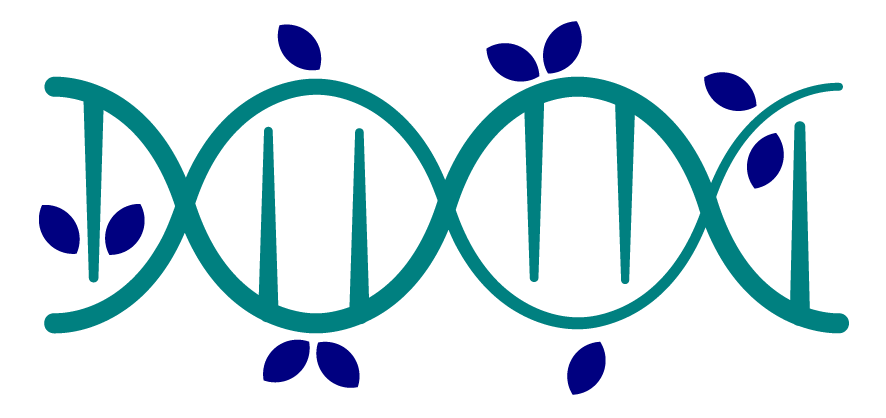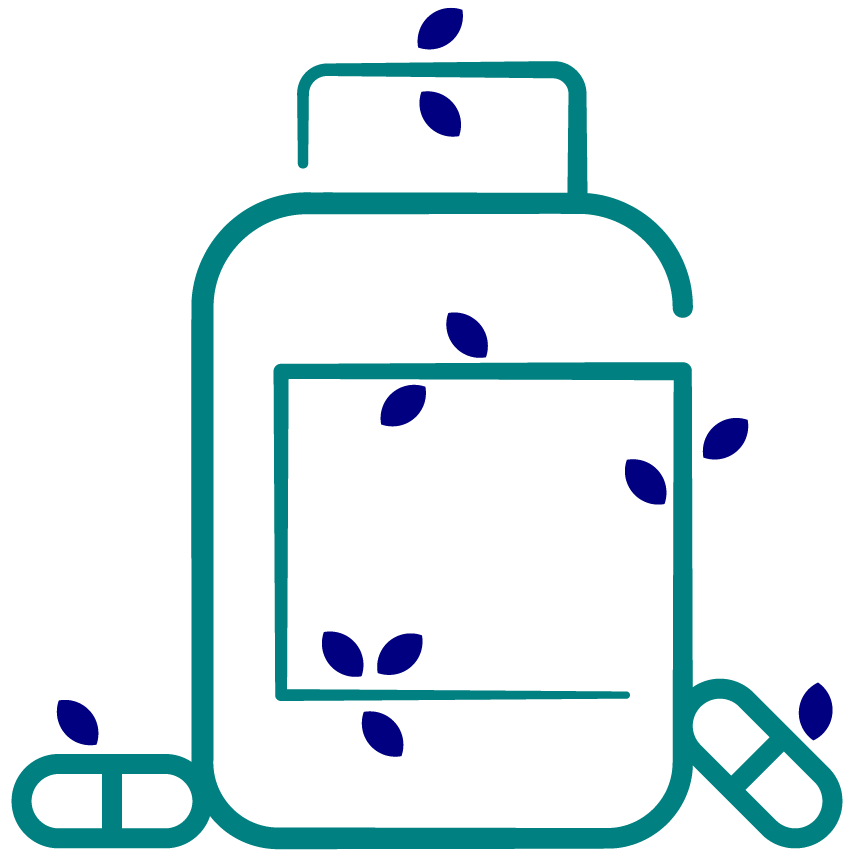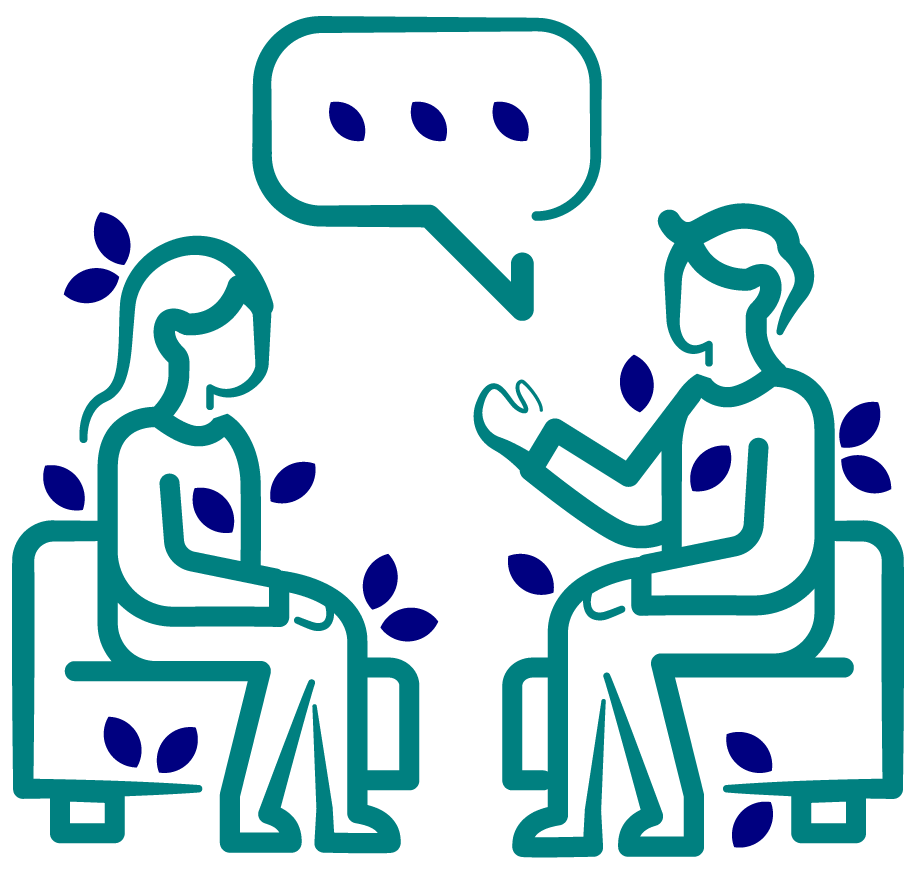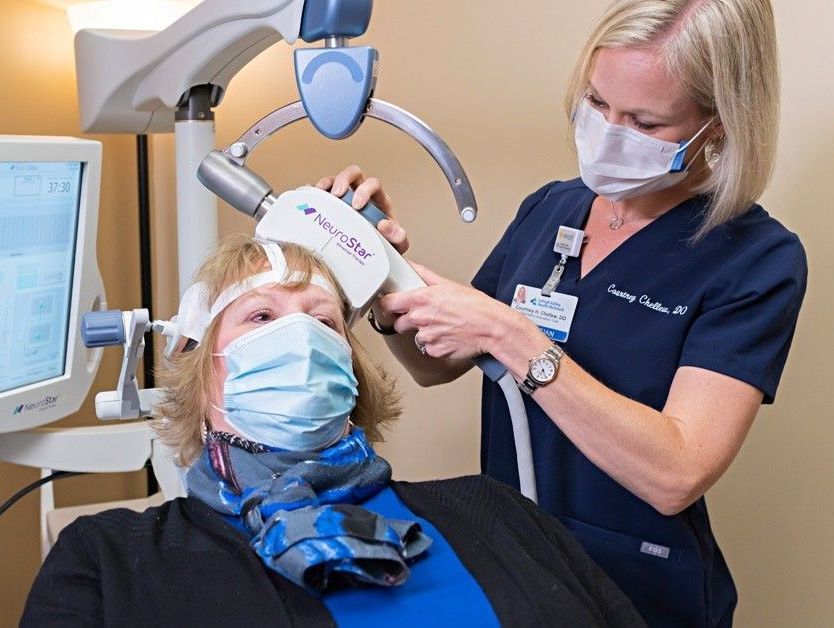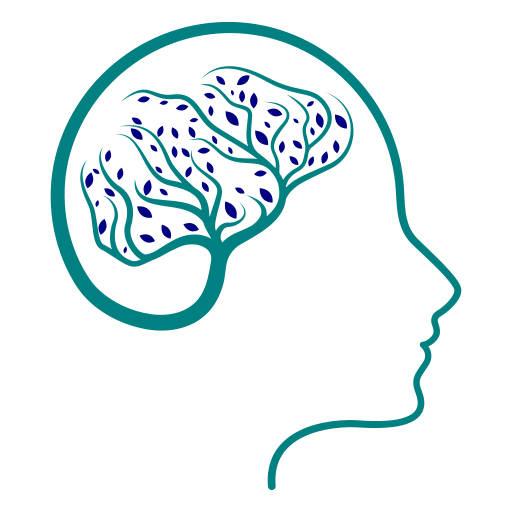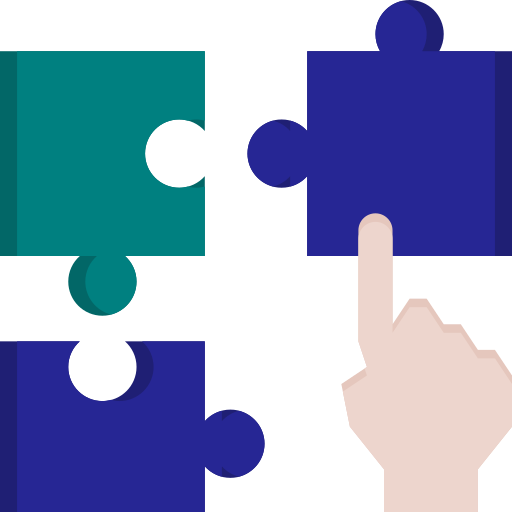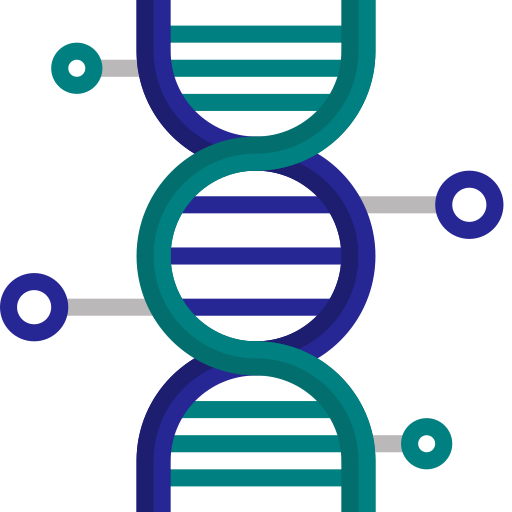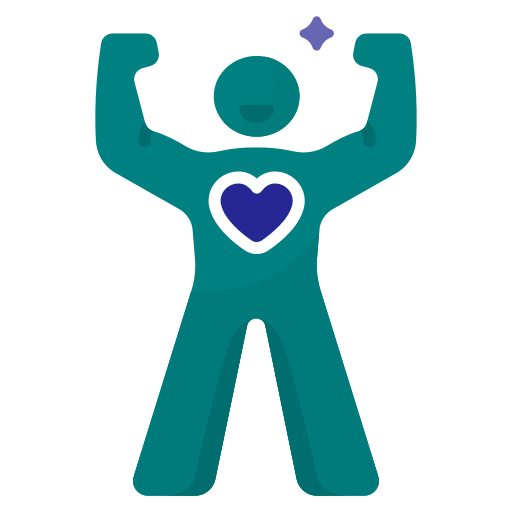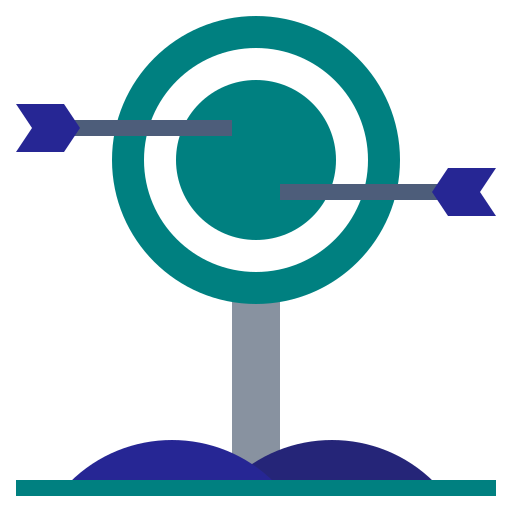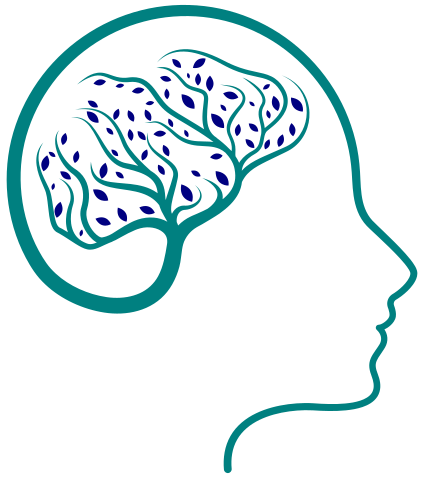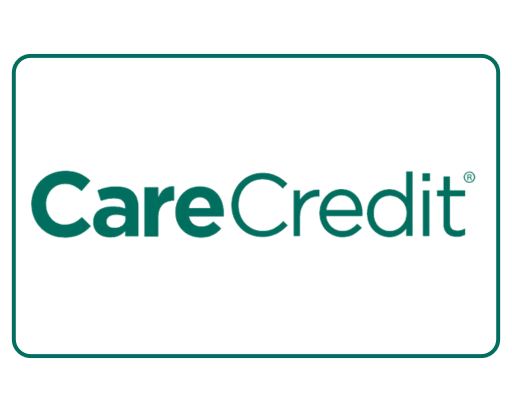Personalized recommendations based on your needs
What to Expect
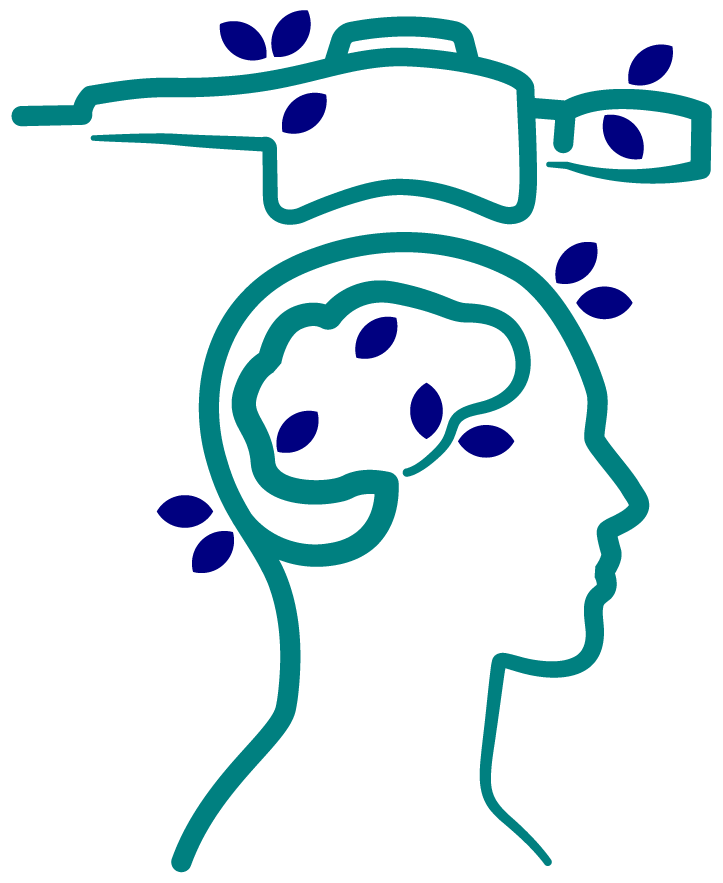
Transcranial Magnetic Stimulation
Transcranial magnetic stimulation (TMS) is a non-invasive technique that allows neural activity-specific brain regions be to modulated. This can alter various cognitive, emotional, and/or behavioral processes and work to alleviate mental health symptoms.
Before
Medical screening
TMS is well-tolerated. However, some medical conditions can increase the risk of rare side effects (eg. seizures). It is important that a medical assessment is performed to ensure prospective patients do not have contraindications (eg. epilepsy).
Determining the site of stimulation:
Different symptom profiles require different brain areas to be stimulated. For instance, for depressive symptoms, the dorsolateral prefrontal cortex is targeted.
Motor mapping
Unique measurements of a patient’s head are taken to determine the appropriate and identify landmarks of the head to identify brain structures. This testing process also determines the appropriate intensity for stimulation to optimize effects and minimize discomfort.
During
20-minute session
A TMS appointment involves 15-20 minutes of painless brain stimulation in the clinic
Muscle twitching
Some patients report muscle twitching in the head and/or neck. This is explainable by TMS technology. While TMS aims to activate brain cells via an electromagnetic pulse, it can also activate muscles within the electromagnetic field. Although this may be unexpected at first, it is not painful or an adverse reaction to TMS.
After
Scalp discomfort
Some patients report that scalp discomfort or headaches may occur at the site of stimulation. However, this tends to dissipate after a few hours and can be alleviated with over-the-counter pain relief if necessary.
Resuming your day
TMS does not alter consciousness or awareness in any capacity. Patients are able to continue with their daily activities immediately and are safe to drive home.
Symptom improvement
Many patients report a reduction in symptoms 2 to 3 weeks into treatment, however, the most significant changes occur at the end of the treatment (4 to 6 weeks).
Maintenance
Some individuals achieve remission with one course of TMS, however over time, symptoms may return for others. In these cases, maintenance sessions are available to manage mental health symptoms.
Conclusion
At Creative Wellness, we understand how complex it can be to navigate the many therapies available to you. We aim to ease this process and guide you to finding the most suitable treatment plan. Our clinicians are committed to creating a safe space for you to explore your options - contact us today!
"Dr. Simonsen and his staff were great! They were patient and accommodating during my TMS journey. I always felt comfortable during my appointments. Highly recommend!"
Brittney M.
Evidence-Based Care You Can Trust
Services & Resources
Tailored Care, Built Around You
Featured Resources
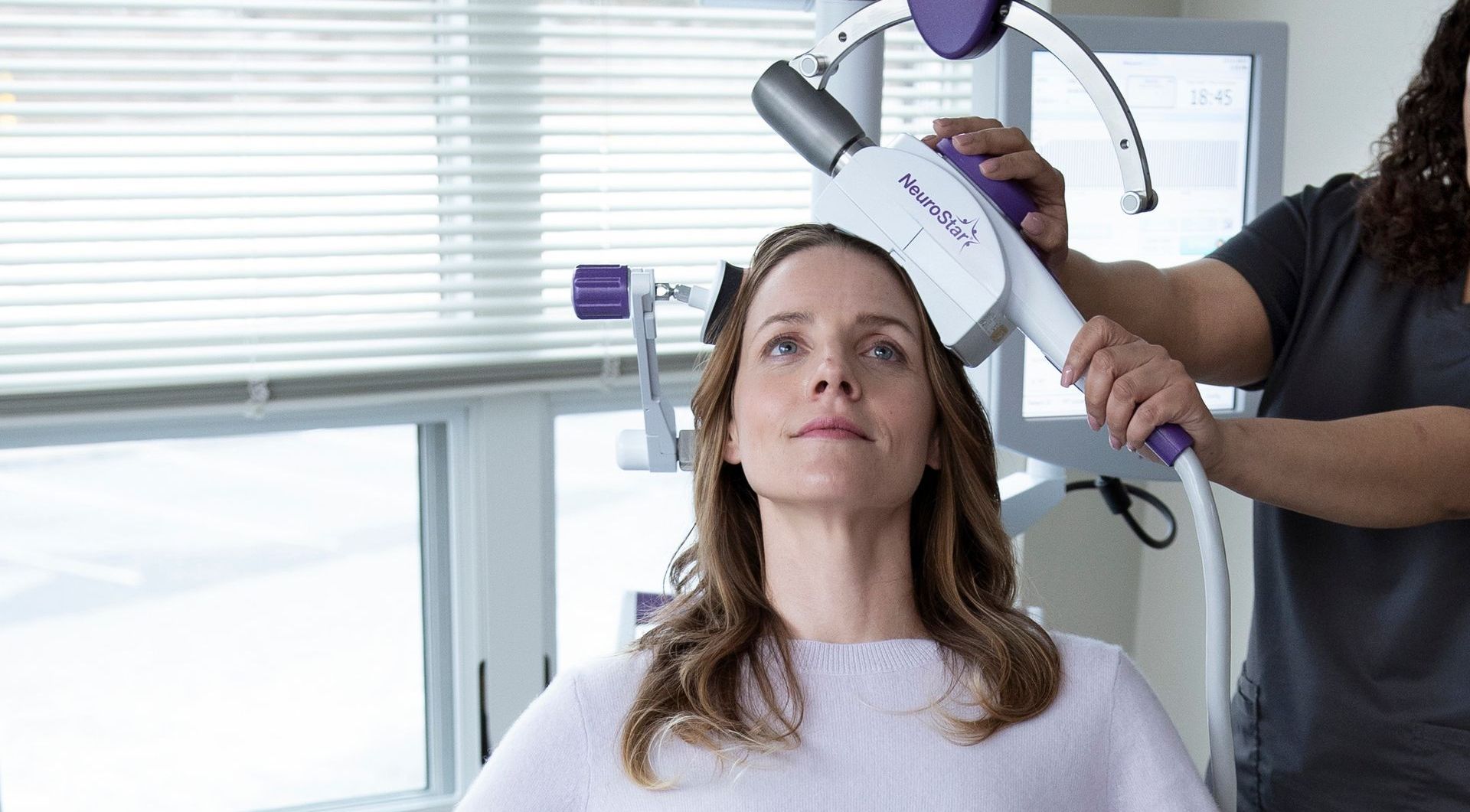
Is TMS Right For Me?
Valuable questions to ask yourself while making your decision about what treatment pathway to pursue!

Benefits & Side Effects
TMS is a brain stimulation technique that aims to manage mental health symptoms
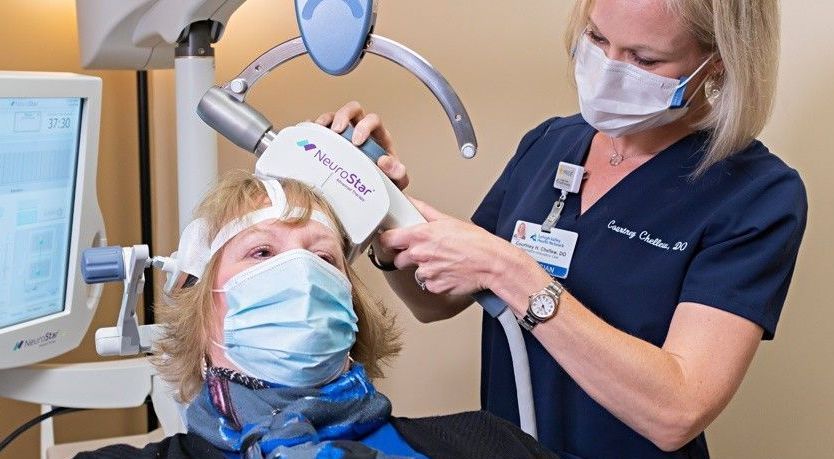
TMS Conditions Treated
Including but not limited to autism, dementia, stroke treatment, and dystonia.

83%
of patients experienced symptom improvement, with
62% achieving full remission after completing TMS.
Elizabeth Wolkin
a year ago
"was a really supportive and trauma informed place to receive TMS, and I felt much better after treatment. If you are considering TMS I recommend talking to them, they are accessible and easy to connect to, and do a good job explaining the process in a clear way. Thanks to Dr. Simonsen and team!"
Marci Ballou
a year ago
"I cannot say enough about Creative Solutions, Dr. Simonsen, his staff, and TMS. I was skeptical but decided to give it a try. They were very thorough in explaining the what's/why's/how's and extremely professional every step of the way. I feel better than I have in YEARS."
Charlena Priebe
2 years ago
"TMS therapy was super helpful, I came to him with severe depression and taking meds that helped very minimally! I was impressed with how quickly I noticed changes with my mental health and my desire to actually want to get up and do things where as before I had zero desire for anything! "
Request Appointment
For more details or to schedule a consultation, give us a call at 253-900-1605 or fill out our online form.
What Happens Next?
Contact Us
Locations
8404 27th st w. University place, Wa. 98466
1800 Cooper Point Road SW, Olympia, WA 98502
211 Yelm ave W. Yelm, Wa. 98597
